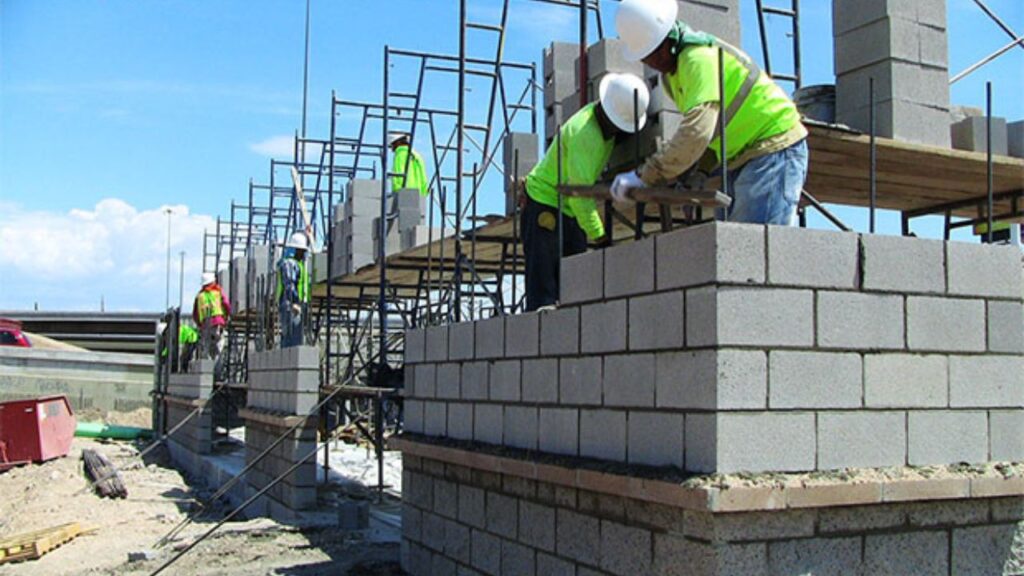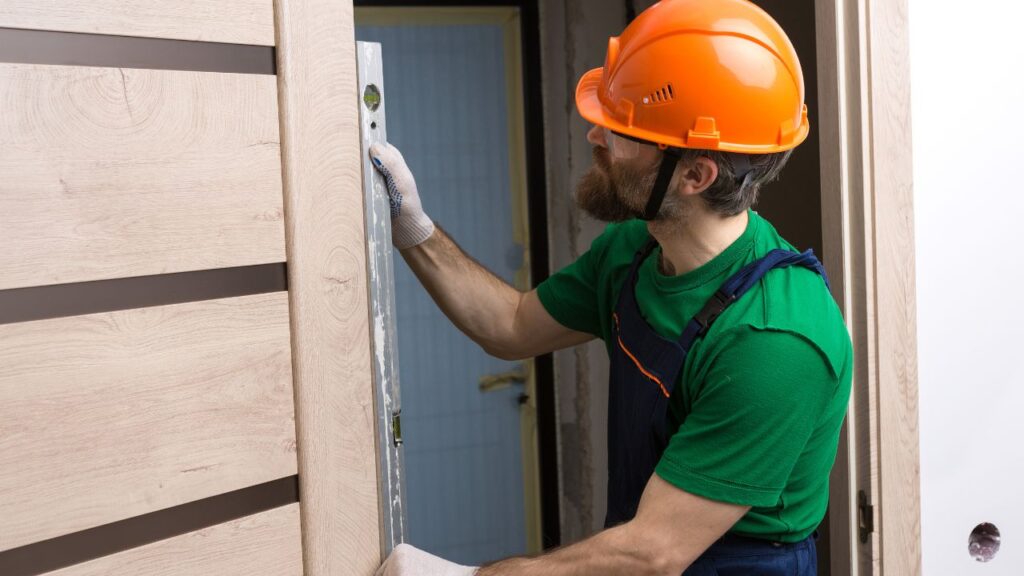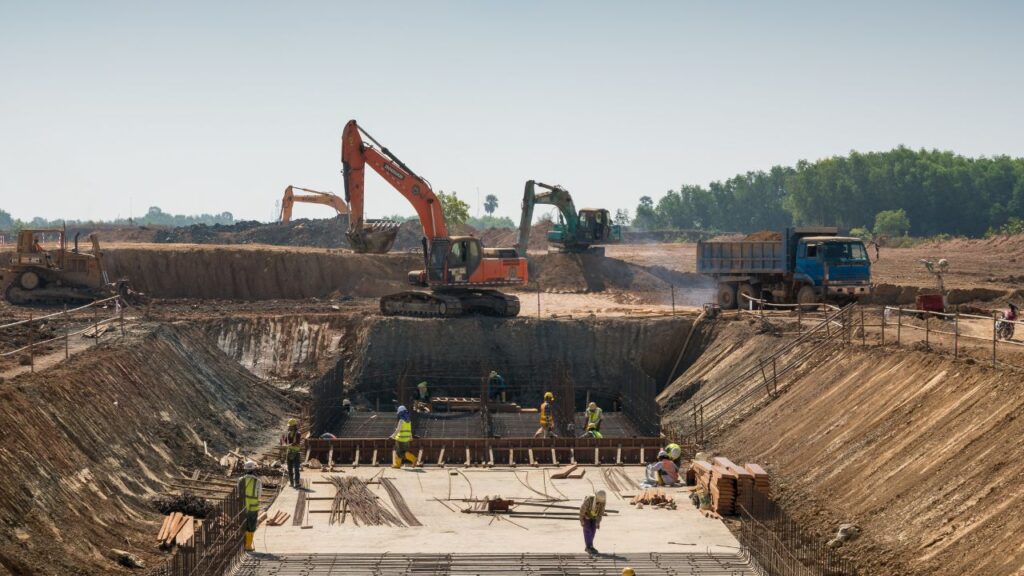Estimating the replacement or rebuild cost of a structure for insurance purposes is a critical step in safeguarding your property from unforeseen damages or losses. In Florida—where coastal conditions, hurricanes, and unique building codes create specialized requirements—accurate insurance cost estimation is even more essential. Whether you’re a homeowner ensuring proper coverage or a contractor providing estimates to clients, understanding the nuances of building cost estimators for insurance can make the difference between adequate protection and costly shortfalls.
At Estimate Florida Consulting, we specialize in delivering detailed, accurate cost estimates that factor in Florida’s unique environmental and regulatory conditions. This guide aims to help you navigate the complexities of insurance-related cost estimation, ensuring you have the coverage and budgeting insights you need to protect your investment.

Why a Building Cost Estimator for Insurance Matters?
A building cost estimator for insurance goes beyond standard construction budgeting. While a typical construction estimate might focus on materials, labor, and finishes, an insurance cost estimator must also consider demolition, debris removal, code upgrades, and potential price fluctuations in labor and materials after a major disaster. Accurate insurance estimates:
- Prevent Underinsurance: Many property owners discover they’re underinsured only after a catastrophic event. A precise cost estimator ensures your policy has enough coverage to rebuild.
- Avoid Overpaying Premiums: Conversely, overestimating costs can inflate your premiums unnecessarily. A balanced estimator keeps insurance expenses in check.
- Comply with Lender Requirements: Mortgage lenders often mandate sufficient insurance coverage to protect their investment. A well-founded cost estimator proves that your property is adequately insured.
- Facilitate Smooth Claims: In the event of a loss, having detailed cost documents streamlines the claims process and reduces the likelihood of disputes with insurers.
Factors Influencing Insurance Building Costs
Location and Local Regulations
Geographical location heavily impacts insurance estimates. In Florida, factors like proximity to the coast, hurricane wind zones, and local ordinance compliance can substantially raise rebuild costs. Coastal properties might require special windstorm protection or salt-resistant materials that increase overall expenses.
Construction Type and Quality of Materials
Insurance valuation differs significantly between wood-framed houses and concrete block (CMU) structures. Higher-grade materials, like tile roofs or impact-resistant windows, also elevate insurance replacement costs. On the flip side, these materials might reduce insurance premiums due to better resilience but still increase the cost to rebuild in a total loss scenario.
Labor Costs and Availability
Labor rates can vary drastically depending on the region. Urban areas in Florida often have higher labor costs than rural locales due to increased demand and living expenses. Following a natural disaster—such as a hurricane—labor shortages can spike wages even further, making your insurance cost estimate outdated if not frequently revisited.
Get Acquainted with Estimation
Top 5 Cost-Effective Tips to Manage Construction Budgets!!
Glass Building Construction Cost Estimator | Call: 561.530.2845
Building Age and Condition
Older buildings may require specialized or discontinued materials for accurate restoration. Additionally, older electrical or plumbing systems might need to be brought up to current code standards, further raising estimated rebuild costs.
Special Features and Upgrades
High-end custom finishes, state-of-the-art HVAC systems, or unique architectural elements add both value and complexity to a home. These features significantly increase rebuild costs since they can be expensive to replace with like-kind, high-quality materials.
Types of Insurance Valuations
Actual Cash Value (ACV)
ACV policies reimburse the cost to replace or repair the damaged property, minus depreciation. This means the insurance payout is based on the current value of the property, considering the wear and tear it has endured over time. Although ACV premiums are usually lower, homeowners may find themselves undercompensated if the building’s materials or structure have significantly depreciated. For example, if your roof is damaged, ACV will pay for the cost of replacing it with a material of similar kind and quality, minus depreciation. This can leave homeowners with a gap in the amount needed to fully repair or replace the damaged property.
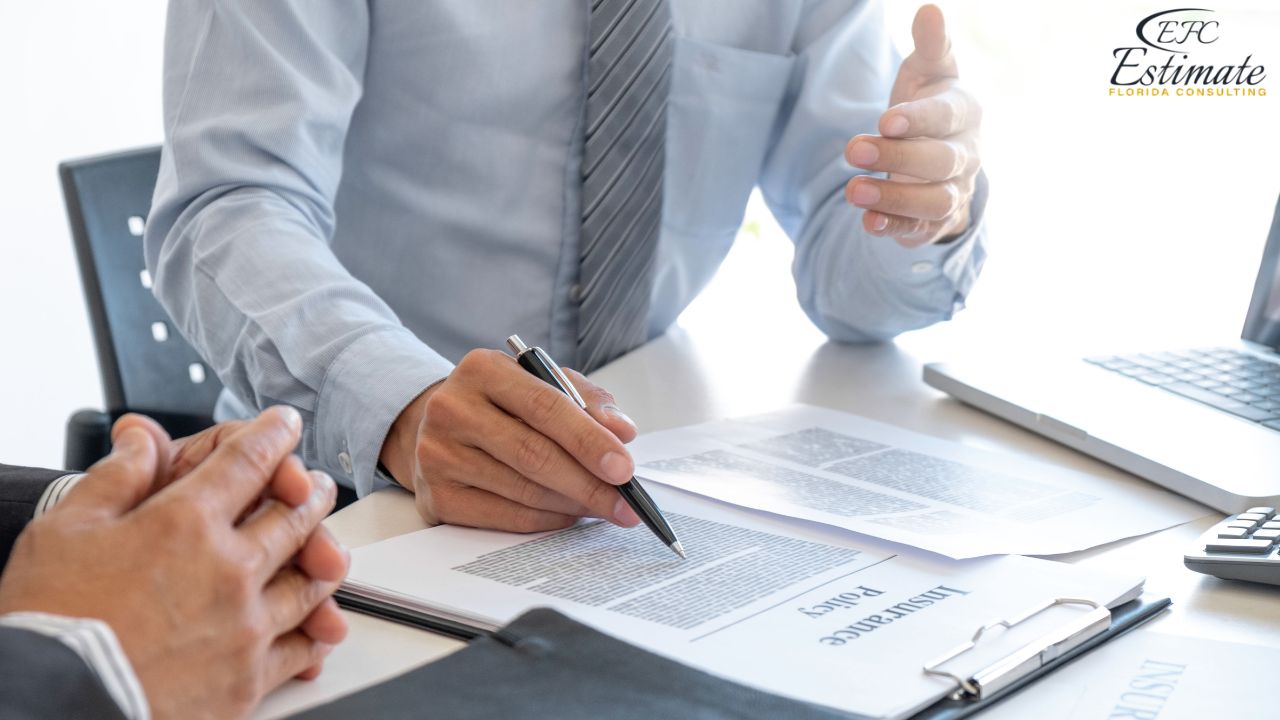
Replacement Cost Value (RCV)
RCV policies cover the cost to repair or rebuild with comparable materials and quality, without subtracting for depreciation. This valuation is more comprehensive but often comes with higher premiums.
Guaranteed Replacement Cost (GRC)
GRC coverage takes RCV a step further, agreeing to cover the full cost of rebuilding the home even if it exceeds the policy’s limits—within specified conditions. This approach offers extra peace of mind in areas prone to disasters where rebuild costs can surge.
Extended Replacement Cost (ERC)
ERC provides coverage up to a certain percentage above the policy limit, typically between 20% and 25% more, offering a financial cushion if reconstruction costs unexpectedly spike.
Steps to Estimate Building Costs for Insurance
Gather Essential Property Information
Begin by compiling up-to-date property details: square footage, architectural style, number of stories, and any recent renovations. This information forms the foundation of an accurate estimate.
Determine Construction Details
Identify the type of framing (wood, concrete block, steel), roof material, exterior siding, and interior finishes. Each of these elements affects rebuild costs and must be documented meticulously.
Consider Local Codes and Upgrades
Florida’s building codes, especially post-Hurricane Andrew, can mandate additional construction measures. Examples include stronger roof-to-wall connections and impact-resistant windows in high-velocity hurricane zones. Each code upgrade adds to your final cost estimate.
Build your dream project with ease—contact Estimate Florida Consulting today!
Account for Demolition and Debris Removal
Insurance estimates should include the cost of demolishing a damaged structure and hauling away debris. This is often overlooked in simple replacement cost calculations but can be significant in storm-prone regions.
Factor in Additional Structures
Detached garages, pool houses, or sheds also require coverage. Ensure these are included in the insurance estimator to avoid coverage gaps.
Consult Cost Databases and Estimation Tools
Professional estimators often rely on proprietary databases (e.g., RSMeans, Xactware) that track local labor and material costs. These resources can greatly enhance accuracy by providing real-time price updates.
Cost Table Examples for Insurance Estimation
Below is a simplified table illustrating potential ranges for insurance-related rebuild costs in Florida. Note that actual figures can vary widely based on local market conditions, quality of materials, and specific code requirements.
Home Type | Framing Type | Estimated Rebuild Cost per Sq. Ft. |
Single-Story, 1,500 sq. ft. | Wood Frame | $180 – $300 |
Single-Story, 1,500 sq. ft. | Concrete Block (CMU) | $200 – $320 |
Two-Story, 2,500 sq. ft. | Wood Frame | $200 – $340 |
Two-Story, 2,500 sq. ft. | Concrete Block (CMU) | $220 – $360 |
Luxury Home, High-End Finish | Mixed (Block & Steel) | $300 – $500+ |
Note: These figures include a general allowance for demolition, debris removal, and code upgrades but do not cover unique architectural features or extensive customizations.
Regional Considerations: Florida’s Unique Challenges
Hurricane and Windstorm Considerations
Florida’s susceptibility to hurricanes and windstorms is a significant factor in determining building and reconstruction costs. To withstand the extreme winds and potential debris, homes and commercial buildings must incorporate specialized construction features, such as impact-resistant roofs, hurricane straps, reinforced walls, and storm-resistant windows or shutters. These features can increase the cost of building or rebuilding by 5% to 20%, but they are crucial for compliance with building codes and ensuring safety during storm events.
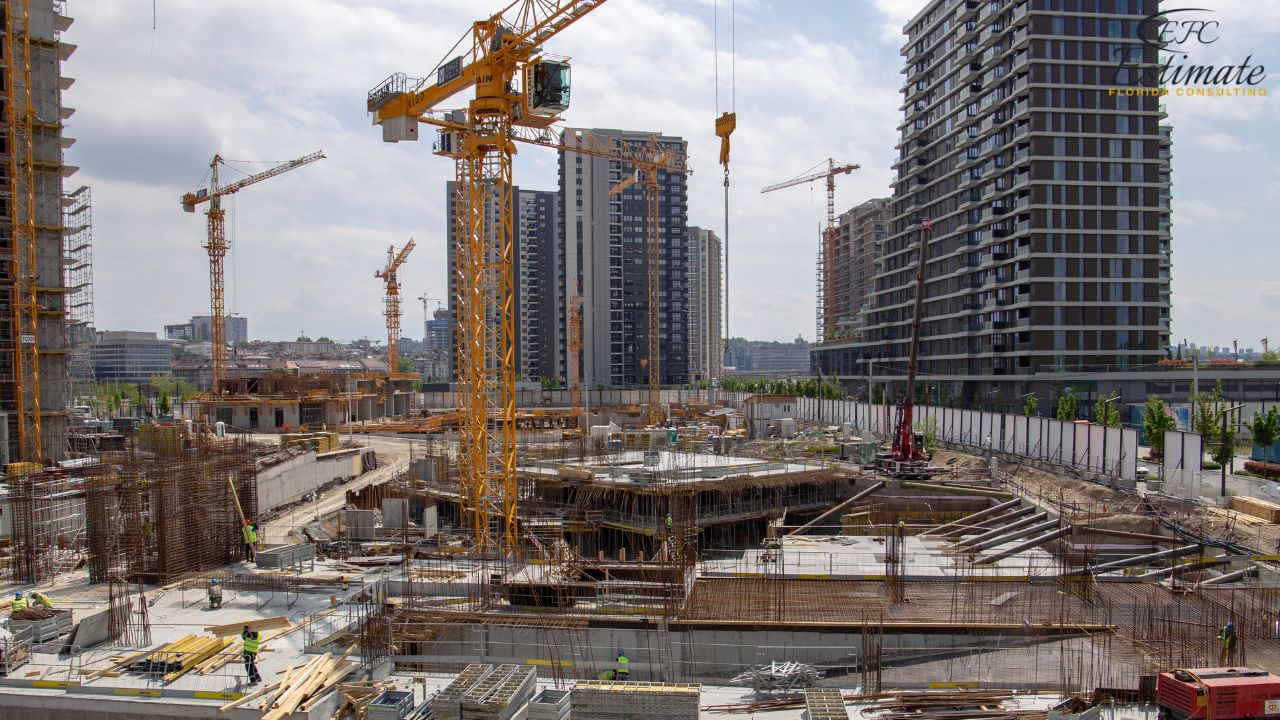
Flood Zones and Water Damage
Flooding is a major concern in many Florida regions. Even if homeowners have separate flood insurance, the cost of repairs for structural elements and utilities below the base flood elevation can be substantial. Your insurance building cost estimator should incorporate elevated foundations, drainage solutions, and water-resilient materials where necessary.
Florida Building Code (FBC) Requirements
The Florida Building Code continuously evolves to improve safety and disaster resilience. Code changes post-disaster (e.g., Hurricane Michael) can force property owners to invest in extensive upgrades. An estimator needs to be familiar with these codes to accurately predict rebuild costs.
Common Pitfalls in Insurance Cost Estimation
- Ignoring Inflation: Construction costs can escalate quickly, especially after natural disasters. Failing to update estimates periodically could result in underinsurance.
- Underestimating Code Upgrades: Code compliance often means more than just replacing what was there. It can involve reinforcing roofs, updating electrical systems, and more.
- Overlooking Site Conditions: Soil quality, slope, or proximity to wetlands can introduce extra foundation and drainage costs.
- Generic Assumptions: Using national average costs without adjusting for local (Florida-specific) labor and material prices can lead to inaccurate estimates.
Working with Professionals: Contractors and Insurance Appraisers
Collaboration between contractors, insurance appraisers, and homeowners is often key to a reliable estimate. Contractors bring hands-on knowledge of local labor rates and materials, while insurance appraisers understand policy nuances and coverage limitations. Together, they can provide a thorough, customized estimate that accurately represents what it would cost to rebuild or repair your specific property.
- Contractors: Offer real-world data on labor availability and prices in your locale.
- Insurance Appraisers: Specialize in translating building costs into policy language, ensuring coverage aligns with actual replacement needs.
Download Template For Construction Project Breakdown
- Materials list updated to the zip code
- Fast delivery
- Data base of general contractors and sub-contractors
- Local estimators

Conclusion
In a state as dynamic and disaster-prone as Florida, accurate building cost estimations for insurance are crucial. From hurricanes to strict building codes, multiple factors influence how much it truly costs to rebuild a property. Leveraging professional tools, collaborating with local experts, and regularly updating your estimates ensures you maintain sufficient insurance coverage and avoid financial surprises. At Estimate Florida Consulting, our commitment is to help you navigate these complexities, providing precise, Florida-tailored cost estimations that protect your investment and your peace of mind.
Frequently Asked Question
It’s advisable to update your insurance estimates every year or two, or immediately following any significant home renovations or additions.
In many cases, yes. Insurers often provide discounts for hurricane straps, impact-resistant windows, and reinforced roofing. However, these features also raise the rebuild cost in a total loss scenario.
You may need to include the cost of code upgrades in your estimate, which can significantly increase overall replacement costs.
Typically, flood insurance is sold as a separate policy under the National Flood Insurance Program (NFIP) or through private insurers. It’s crucial in flood-prone Florida regions.
Comprehensive Trade-Specific Estimates
At Estimate Florida Consulting, we offer detailed cost estimates across all major trades, ensuring no part of your project is overlooked. From the foundation to the finishing touches, our trade-specific estimates provide you with a complete and accurate breakdown of costs for any type of construction project.

Testimonials
What Our Clients Say
We take pride in delivering accurate, timely, and reliable estimates that help contractors and builders win more projects. Our clients consistently praise our attention to detail, fast turnaround times, and the positive impact our estimates have on their businesses.
Estimate Florida Consulting has helped us win more bids with their fast and accurate estimates. We trust them for every project!

Steps to Follow
Our Simple Process to Get Your Estimate
01
Upload Plans
Submit your project plans, blueprints, or relevant documents through our online form or via email.
02
Receive Quotation
We’ll review your project details and send you a quote based on your scope and requirements.
03
Confirmation
Confirm the details and finalize any adjustments to ensure the estimate meets your project needs.
04
Get Estimate
Receive your detailed, trade-specific estimate within 1-2 business days, ready for your project execution.





